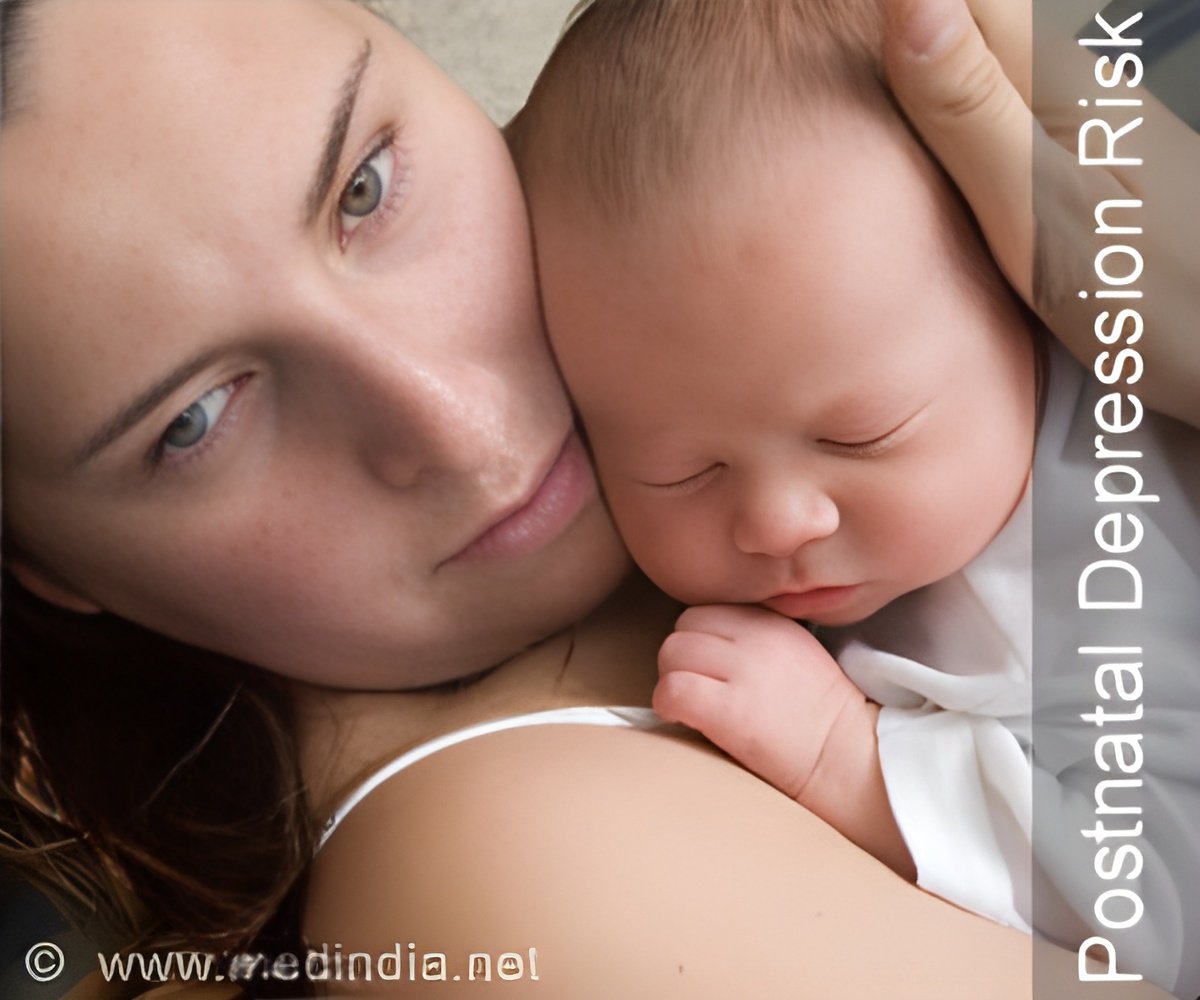A new study exploring maternal depression suggests the need for greater focus on maternal mental health because mothers need that care even four years after childbirth.

Questionnaires were completed at recruitment and at 3, 6, 12, 18 months postpartum and four years postpartum. The Edinburgh Postnatal Depression Scale was used in the questionnaire and intimate partner abuse was assessed at 12 months postpartum and at four years using the Composite Abuse Scale.
Results show that almost one in three women reported depressive symptoms in the first four years after birth. The prevalence of depressive symptoms at four years postpartum was 14.5%, and was higher than at any time-point in the first 12 months postpartum.
Furthermore, women with one child at four years postpartum were more than twice as likely to report depressive symptoms at this time compared to women with subsequent children (22.9% and 11.3% respectively).
The strongest predictor of depressive symptoms at four years postpartum was having previously reported depressive symptoms either in early pregnancy or in the first 12 months after childbirth. Other factors associated with depressive symptoms were; young maternal age (18-24 years), stressful life events/social adversity in the year prior to the four year follow-up, intimate partner violence and low income. Exposure to intimate partner abuse in the first 12 months postpartum or in the year prior to the four year follow-up was associated with a four-fold increase in odds of reporting depressive symptoms at four years postpartum.
The authors emphasise a need for current services to extend surveillance of maternal mental health to cover the early years of parenting and recommend the integration of core mental health services within routine primary healthcare (antenatal and postnatal visits).
Advertisement
"These findings provide a compelling case for re-thinking current policy frameworks for maternal mental health surveillance."
Advertisement
"There also needs to be a focus on social health and relationships as we have found a strong link between depressive symptoms and intimate partner violence."
John Thorp, BJOG Editor-in-chief added:
"Much research has been conducted around maternal mental health during the perinatal period, however, we know very little about the prevalence of maternal depression after the first 12 months of giving birth."
"The findings of this study reinforce the need for an increased focus on maternal health, particularly in the long term, as current guidance for professionals focuses on pregnancy and the early months after birth, and the need to take into account factors linked to the mother's life."
Source-Eurekalert















